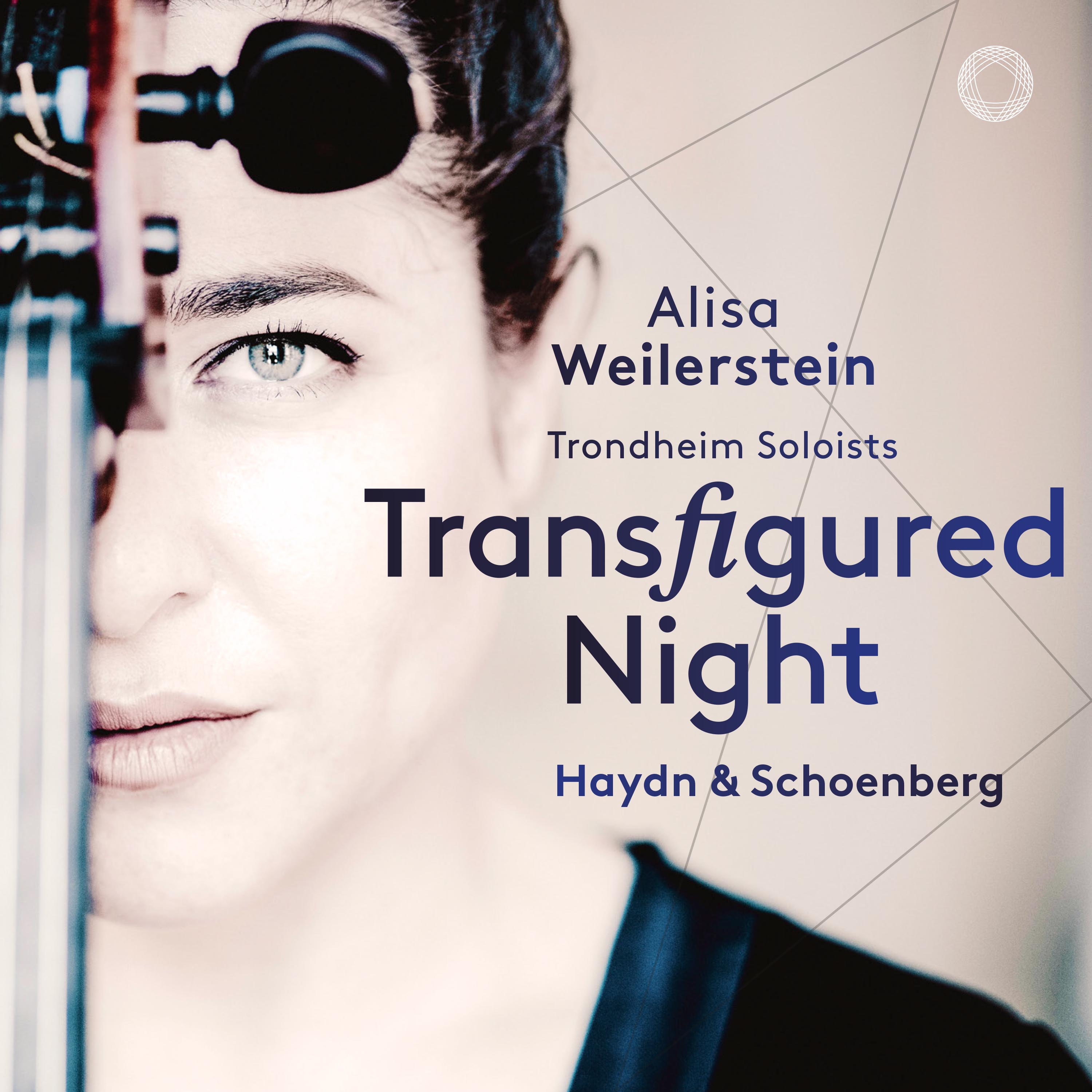
How many masterpieces of the Classical era were premiered in 1962 and conducted by Charles Mackerras? The score to Haydn’s Cello Concerto in C was discovered in 1961 and received its first modern performance a few months later.
Weilerstein’s Haydn is warm not cool – there are sudden changes in dynamics and subtle shifts in tempo throughout – and is full-blooded in a way that isn’t concerned about labels like ‘authentic’ or whether a gesture is historically informed or not. This is playing which believes if an interpretative idea works it must be worth doing or, to put it another way, “if it tastes good, it’s kosher.” The finale to the Concerto in C seems perilously fast, but the music is articulated so cleanly and with such conviction that within a few bars everything falls into place.
It is quite a leap from the first Viennese school to the second, but stylistic differences between Haydn and the young Schoenberg are a non-issue for Weilerstein and her Trondheim forces. Transfigured Night is guilt and suppressed desire made musical. Some big orchestral versions can feel too plush, whereas this has all the virtues of a chamber version: it’s fairly sweaty, and conveys a synchronicity of intent that makes you think you ARE listening to the original sextet version. Then in the big tuttis you realise you’re not. The portamenti in the Molto rallentando section will tell you whether you’re going to love this or not.
Composer: Haydn, Schoenberg
Composition: Cello Concerto, Verklärte Nacht
Performer: Alisa Weilerstein vc, Trondheim Soloists
Catalogue Number: Pentatone PTC5186717












Comments
Log in to join the conversation.